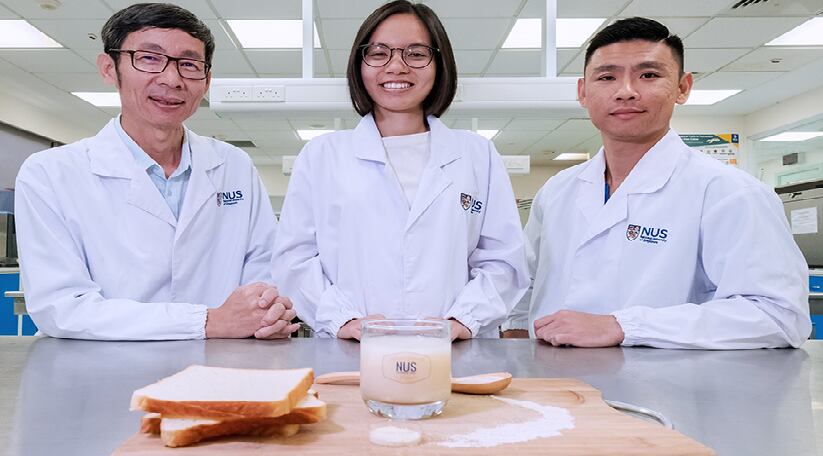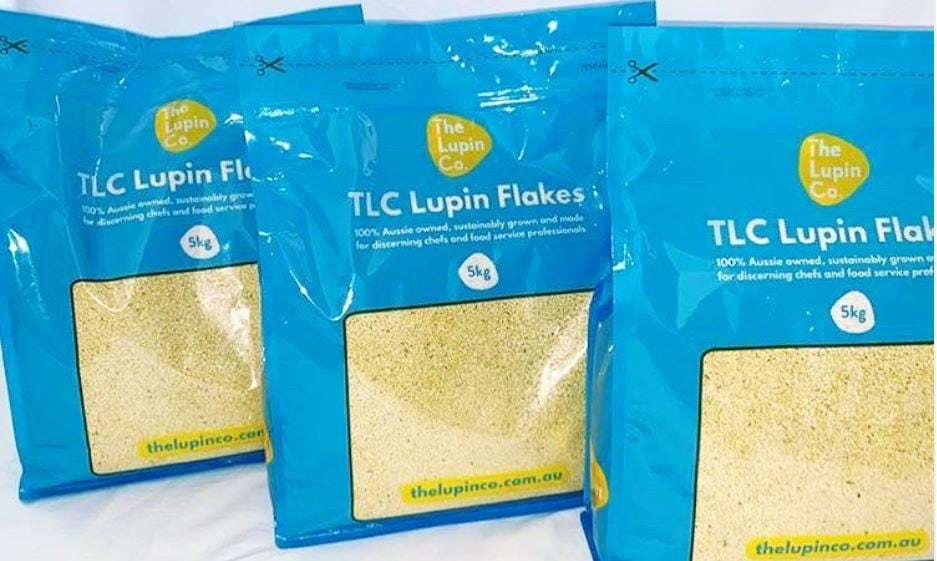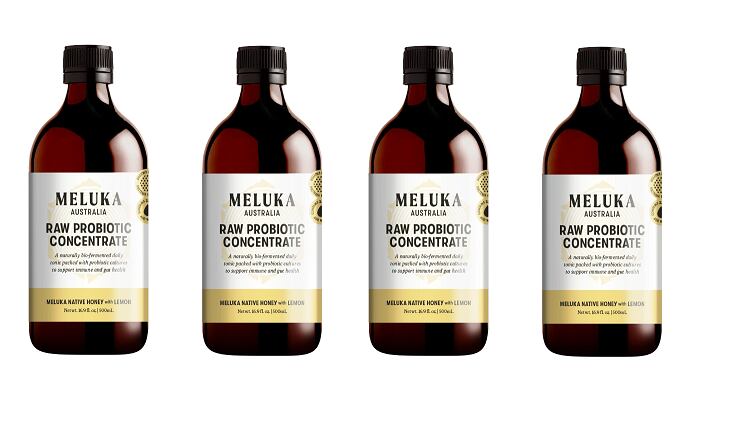The researchers say the drink contains probiotics that have shown to improve gut health. The probiotics present in the drink include a combination of clinically tested Saccharomyces Saccharomyces yeast and either lactobacilli or bifidobacteria.
“The strains we used have been reported to alleviate symptoms of irritable bowel syndrome (IBS), prevent and treat gastrointestinal infections, as well as stimulate immune responses as seen in various clinical trials,” food scientist Dr Toh Mingzhan, who is part of the research team alongside project leader Associate Professor Liu Shao Quan and Nguyen Thuy Linh, told NutraIngredients-Asia.
After testing different bread types, the team eventually picked the white sandwich bread since it is commonly sold and went on to perfect their recipe in nine months.
A key advantage of using bread as a fermenting base meant that the probiotic drink can be stored at room temperature for up to six weeks and maintains at least 1bn live probiotic cells per serving.
In addition, as unsold bread instead of milk solids is used, producing the probiotic beverage not only reduces food wastage, but also lowers the raw material cost while potentially providing bakeries with additional revenue, Dr Toh pointed out.
The more amount of bread used, the creamier the texture of the end-product. As for the taste profile, the bread-based probiotic drink is expected to produce a nutty and roasty flavour due to the presence of the caramelised brown parts of the bread, while a dairy-based probiotic tends to taste buttery due to the presence of milk fats.
On the flip side, the method is not without its cons.
For example, while bread is lactose-free, which makes it suitable for lactose-intolerant individuals, it nonetheless contains gluten, which means that the drink may not be suitable for people with coeliac disease.
Moreover, milk would fare better in terms of nutrition composition since it contains more protein and a lower carbohydrate content when compared to bread.
“Milk forms a gel during fermentation due to protein coagulation, which may be desirable in certain food products,” Dr Toh added.
Commercialisation
The team now plans to commercialise the invention by working with industry partners.
Assoc Prof Liu said he was confident that the invention could fill the existing lack of non-dairy probiotic food and beverages sold in the market.
“Our invention also enables bread makers to give their unsold products a new lease of life. We are confident that the bread-based probiotic beverage will have a strong appeal to those who are environmentally conscious,” he said.
Process
The entire process of creating the bread-based probiotic drink takes about one day, starting with the making of a bread slurry – where the bread is cut into small chunks and blended with water.
The slurry is then pasteurised, after which the probiotic bacteria and yeast are added, and the mixture is left to ferment.
Idea
The idea sprung when Food Science and Technology student Nguyen Thuy Linh decided to solve the problem of unsold bread for her final-year undergraduate project.
“I usually cannot finish a loaf of bread before the expiry date. It is a waste to discard the nutrients in bread, so as a food science student, I was motivated to find a way to repurpose surplus bread by upcycling it into something delicious and nutritious,” said Linh who graduated last year.





